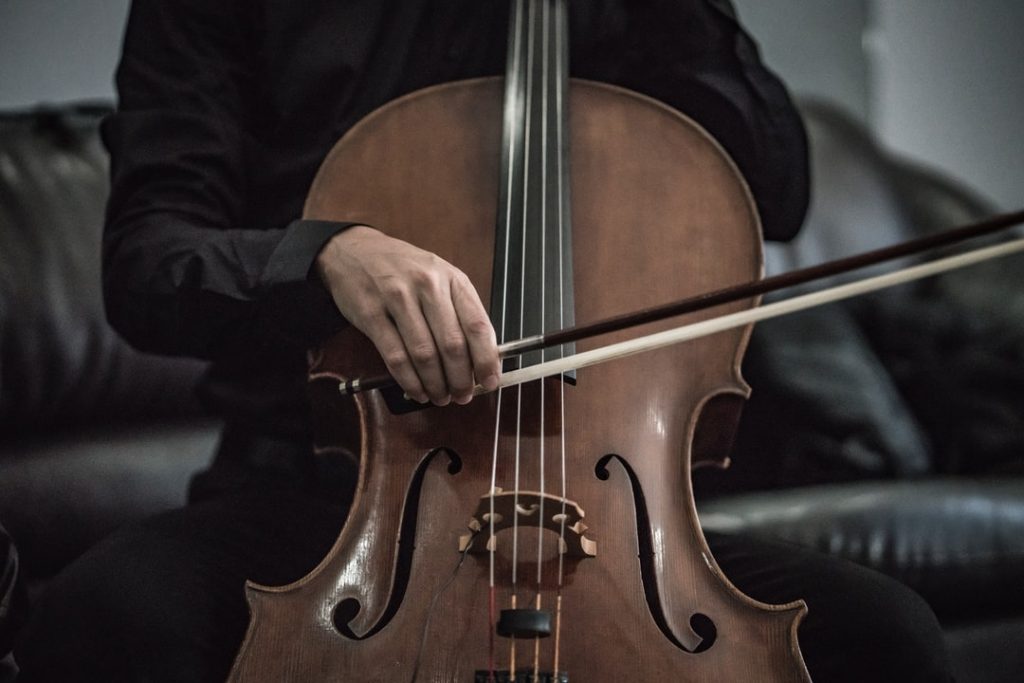The Incredible Benefits of Music Education for Kids and Adults Alike
Music unites people. It allows you to engage with the world in a way that no other medium can.
Whether you are a seasoned professional or merely starting on your musical journey, learning about music is a key skill that stays with you for life. There’s no denying that educating yourself in the art of music will make you a better musician, but it goes further than music.
That’s because music education is much more diverse than many people first think. As you’ll discover, it isn’t all about studying scales and theory.
So here’s a guide to the incredible benefits of music education for kids and adults alike.
Music Is Contextual
Musical education, in whatever form, is all driven by relationships and context. It’s similar to the existence of language, where semantics (i.e., meaning) is the language’s driving force. Relationships and patterns in music mean many philosophers, scientists, and creatives over time have noticed these patterns also occur in mathematics.
The context in music is vast. Levels of music education can be as simple as a child learning nursery rhymes, all the way up to the mathematical relationships between harmonic intervals. Whatever the level of study, it’s a great way to get people engaged in history, science, maths, and the language of the arts.
Music education allows you to go as deep as you wish into the understanding. It opens your mind to new ideas.
And if you work in a profession such as medicine or legal, it benefits greatly. Especially where being open to learning is as important as your existing knowledge.
Broaden Your Musical Horizons
Whatever direction you take, understanding musical relationships broadens the musical horizons of those who engage in learning. Many of the most prominent musicians from the 21st Century have used their musical education to enhance their creativity.
Take the rock band Muse, for example. The frontman Matt Bellamy is a classically trained pianist. He used his knowledge of musical theory to combine complex musical ideas with rock music’s raw simplicity.
And even the Generation Z artists who are yet to reach adulthood are engaging in musical education. They’re developing an understanding of what inspired the popstars who inspired them.
Jojo Siwa is the best example of this. From her performing arts education, she’s more recently used musical education to learn piano and is inspired by glam musicians of the 1970s such as Freddie Mercury and Elton John.
Musical Education for Professional Development
Did you know that artists such as Jessie J, Adele, Nicki Minaj, and Kanye West went to specialist music schools? In these schools, they developed their passion for music and understanding of musicality. They took all their knowledge they learned and become some of the most prominent musicians in the world today.
Music education isn’t solely linked to a career in music, though. You might be a professional at the top of your game and offered a vital job working for the most prominent classical piano maker in the world. You might not need much musical education to perform your job. But having that historical understanding of classical music and its development will allow you to live the company ethos.
Musical education can allow a greater understanding of how instruments, musicians, and different mediums interact. It isn’t limited to orchestral context either.
For example, understanding the percussive frequencies of a drum kit or how specific chord structures relate to each other. For songwriters and composers, this kind of knowledge is vital to creating successful pieces of work.
Understand the Cognitive Benefits of Music
Learning about how music interacts with the brain is a core element in wellbeing and a healthy lifestyle. Tonality, how something sounds, is just as influential in music as it is in spoken language. This knowledge can transition beyond music as a subject, implementing it into professions where an understanding of psychology is relevant.
Have you ever misunderstood someone because they didn’t sound happy when they asked you a question? The same thing can happen in music. You can have the same music played in two very different ways to trigger two very different human emotions.
It’s the same reason why music is enjoyed and embraced in those with cognitive impairment. Different tonalities stimulate brains in such a way that it allows communication with the outside world that’s otherwise impossible for many.
Create a Sense of Community
Everyone knows music brings people together. And especially in recent times leading many of us to lead a more isolating lifestyle, maintaining a sense of community is essential for wellbeing, whether remotely or face to face.
Musical education is a great way to engage in networking with other like-minded musicians. It’s a brilliant opportunity to find people to make music with for collaborating.
In some cases, it can lead to successful contacts and career development. Local schools such as Sloanschoolofmusic.com exist all over the world, so there’s somewhere for everyone.
And as discussed above, it’s mighty in engaging those who are unable to communicate through speech. Music education is an excellent way of engaging children in the community with educational support needs. Many children and adults with learning difficulties connect through music.
The Power of Music Education
For many musicians, a moral dilemma exists where they choose not to educate. For them, a belief exists that it ruins beauty in music. But that isn’t true.
Music education isn’t about stifling creativity and devaluing mystery. It’s about enhancing it. Knowledge of musical relationships from all aspects of art, science, and life brings a wealth of new ideas to your creative toolbox. And the more tools you have, the more freedom you possess to create something that’s yours.
Check out our other posts for more education and lifestyle thoughts and advice.





